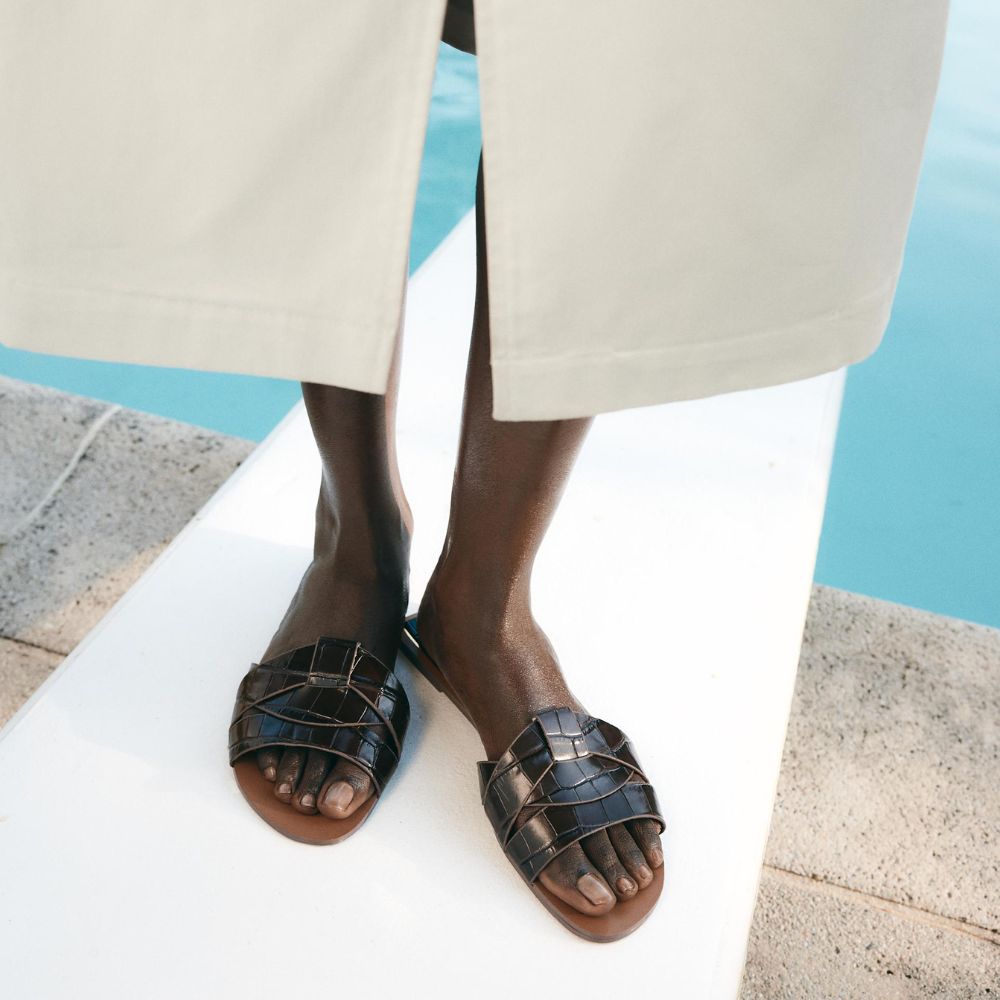This Holy-Grail Product Treats Everything From Acne to Wrinkles

Despite being one of the most popular skincare ingredients on the market right now, retinol can still feel like a somewhat daunting addition to your skincare routine if you've never used it before. Tackling clogged pores, uneven skin tone, wrinkles, dullness and more, the skin-resurfacing ingredient is something of a superhero in skincare terms. And from the flurry of retinol-infused serums and eye creams hitting the shelves each week, it's clear to see that retinol is definitely having a moment.
But where should you start if you're totally new to this potent ingredient? As someone who has experienced the unwanted side effects of using a particularly strong retinol in the past—dryness, peeling and irritation—moisturisers would be my personal recommendation for your first foray into retinol skincare. Turns out, the experts agree.
"Unlike serums, moisturisers create a skin barrier that prevents moisture loss, making them ideal for those with dry and dehydrated skin," explains Osman Bashir Tahir, MBBS, MS, MRCS, MSc. "Retinol moisturisers are also great for all other skin types as the moisturising ingredients they contain help to combat potential dryness and flaking caused by retinol."
However, Tiina Meder points out that using retinol should come with limitations. "All kinds of retinoids are sensitising and couldn't be used by people with sensitive skin on a daily basis," Meder explains. "Daily skincare with products containing retinoids increase the skin's sensitivity to UV rays which makes protecting your skin efficiently problematic. The best way to protect your skin from sun when using retinol is to avoid it."
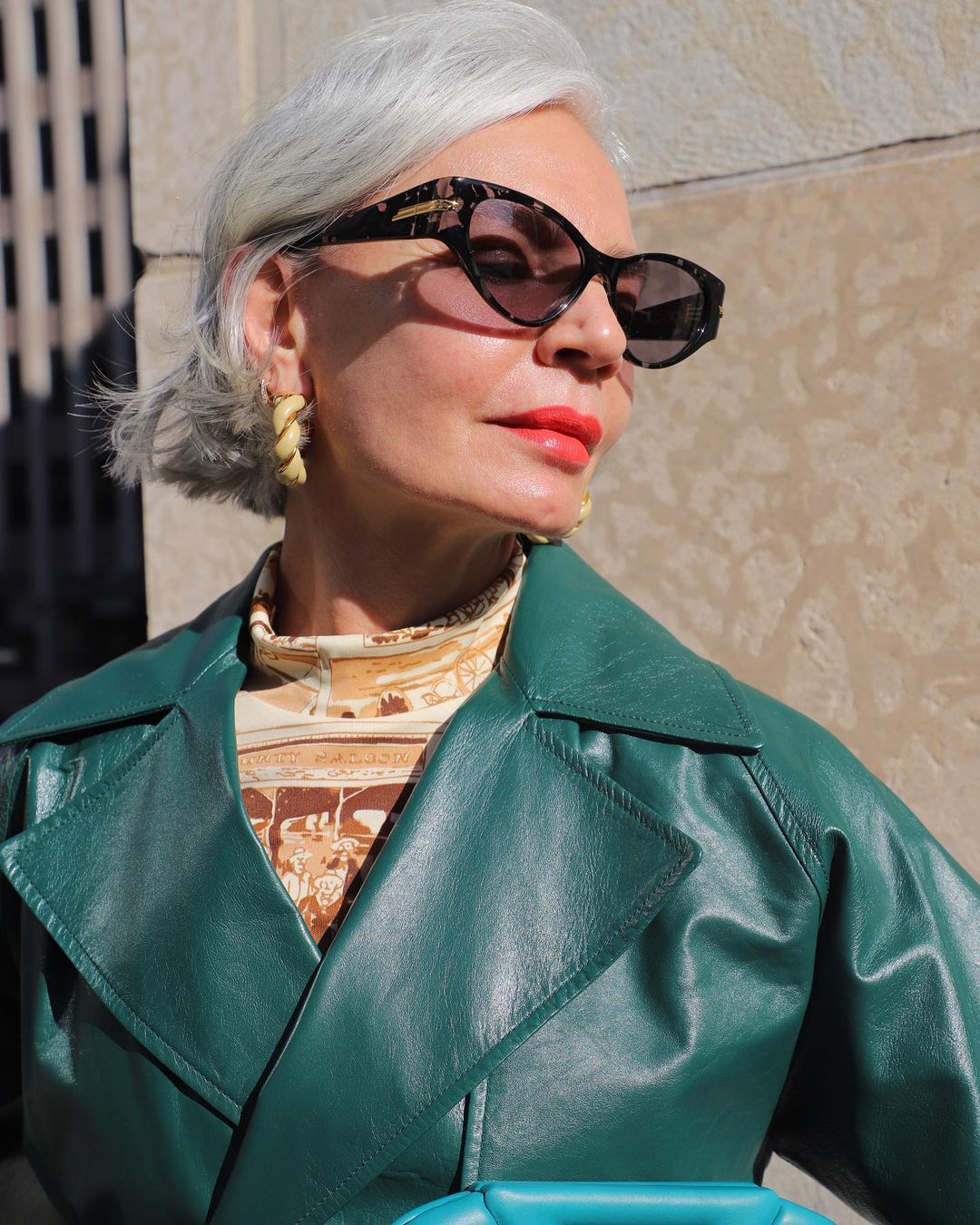
But how do you know which is the best retinol cream to choose? Ahead, two dermatologists spills the beans on what to look out for when shopping for your new cream as well as which ingredients you should avoid using at the same time as retinol. Plus, keep scrolling for 15 of the best retinol moisturisers to try now according to the skin experts.
What should we look out for when choosing a retinol cream?
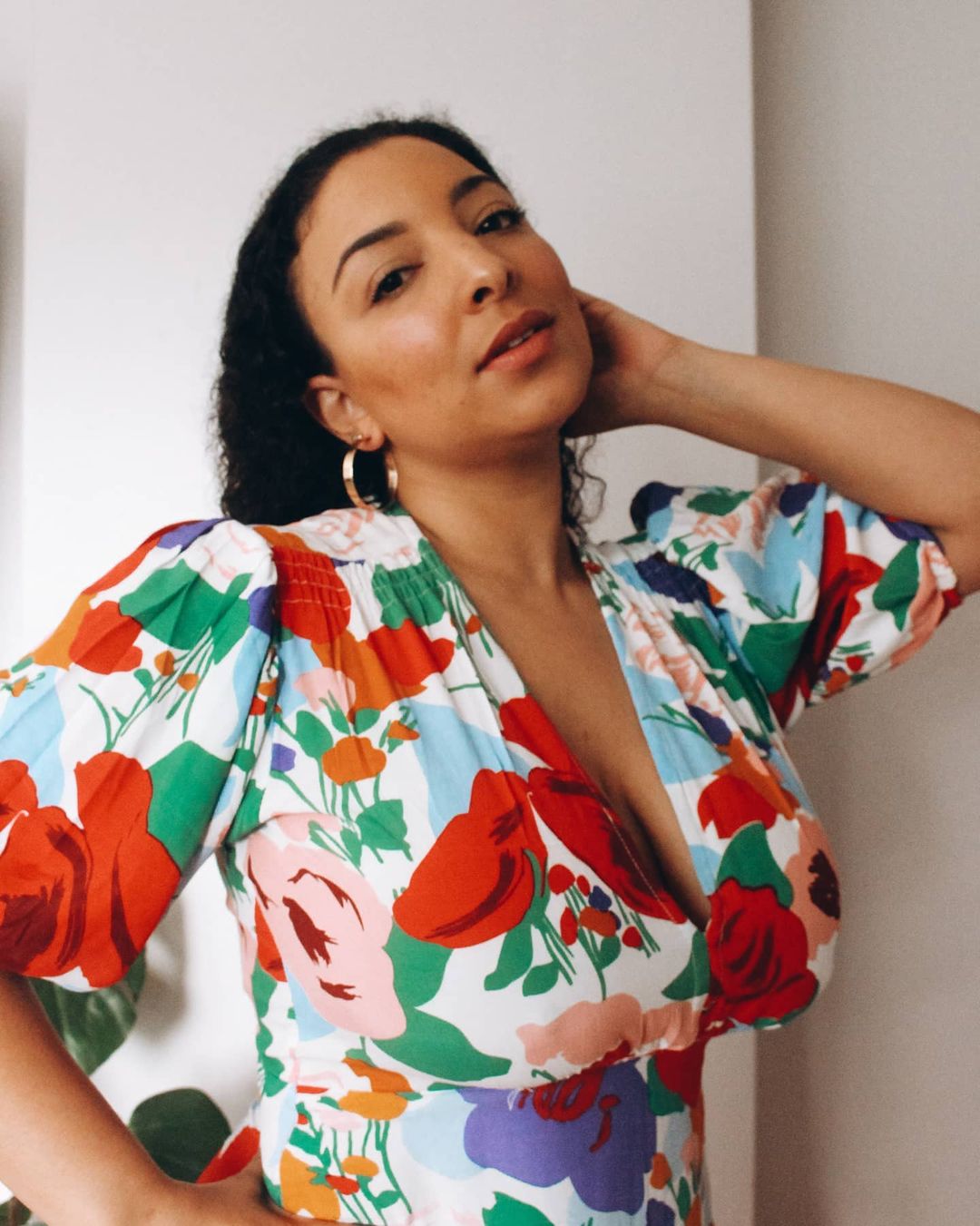
"With so many different forms of vitamin A [retinol] on the market it can be difficult to know where to start," agrees Tahir. "When you look at clinical trials, the least effective topical retinoids are retinyl acetate, retinyl palmitate, and retinyl propionate. The most effective, and most aggressive, is retinol itself and retinoic acid. Both demonstrate clinical improvement of fine wrinkles and elasticity within just a few weeks of treatment."
"If you're new to retinol, opt for a moisturiser with a low percentage of retinol to reduce irritation, and allow your skin time to adjust before moving up to a higher percentage. Plus, retinol choice aside, be sure to choose a cream with superior hydrating ingredients such as hyaluronic acid, glycerine, or vitamin E. Hydrating ingredients are essential for counteracting retinol's possible drying effects."
Which skincare ingredients should we avoid when using a retinol moisturiser?
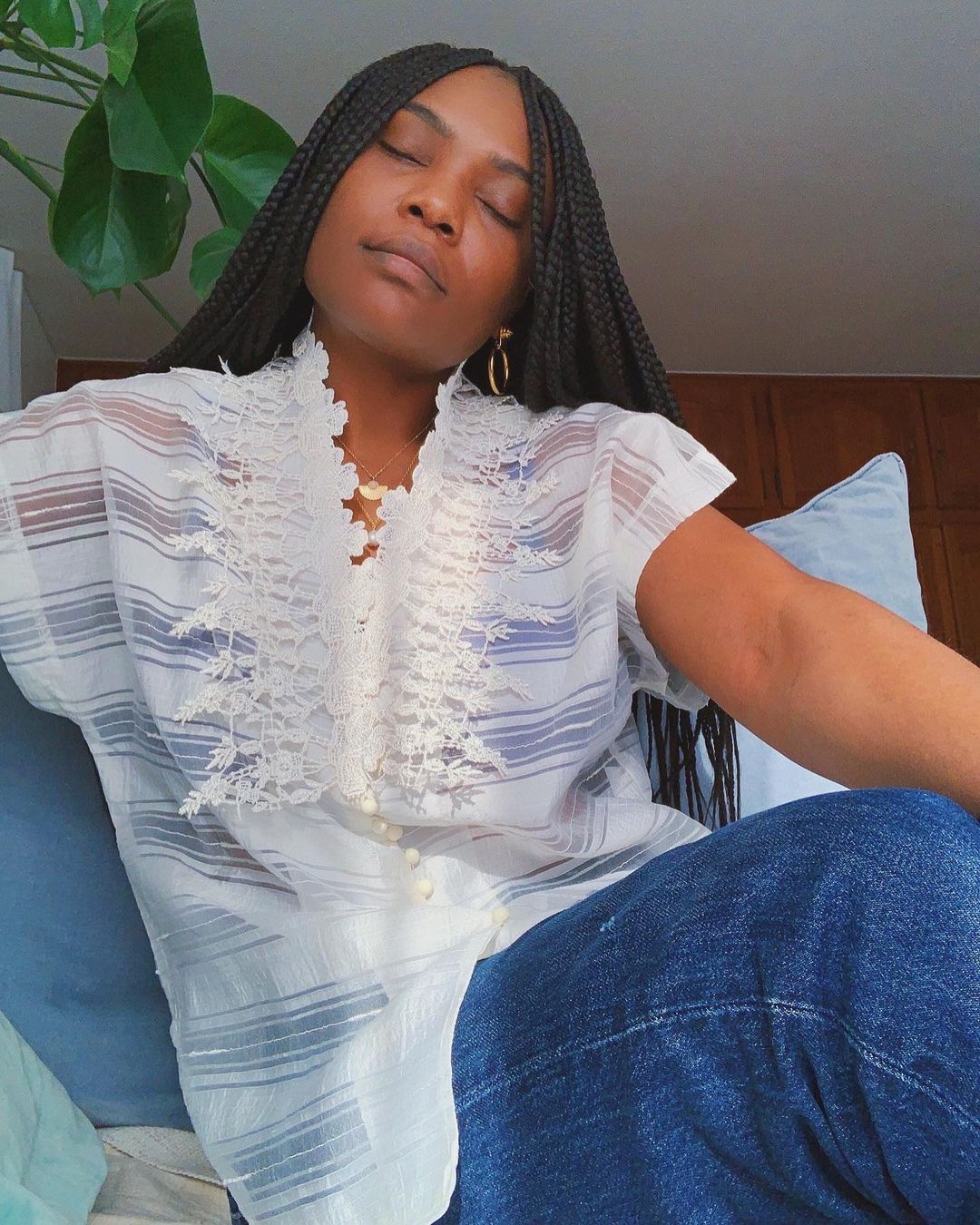
"I recommend avoiding the use of any products containing AHAs or salicylic acid at the same time as using retinol or retinol derivatives," advises Meder. "This combination could make skin extremely sensitive and lead to dryness, irritation, constant redness, lack of barrier function and pigmentation troubles. Also, I do not recommend using peptide-based products at the same time as retinol because of the fragility of peptides. Active forms of retinol or acids could decrease the efficiency of peptide-based solutions."
Now that we know which ingredients to avoid when using a retinol, now is the perfect time to shout out the main ingredient that we should be using every single day: SPF. Sunscreen should form a core part of our daily skincare routines anyway but as retinol can leave skin extra-sensitive to the sun it's imperative that you apply a good SPF each morning to prevent sun damage.
Are there any good alternative to retinol creams?
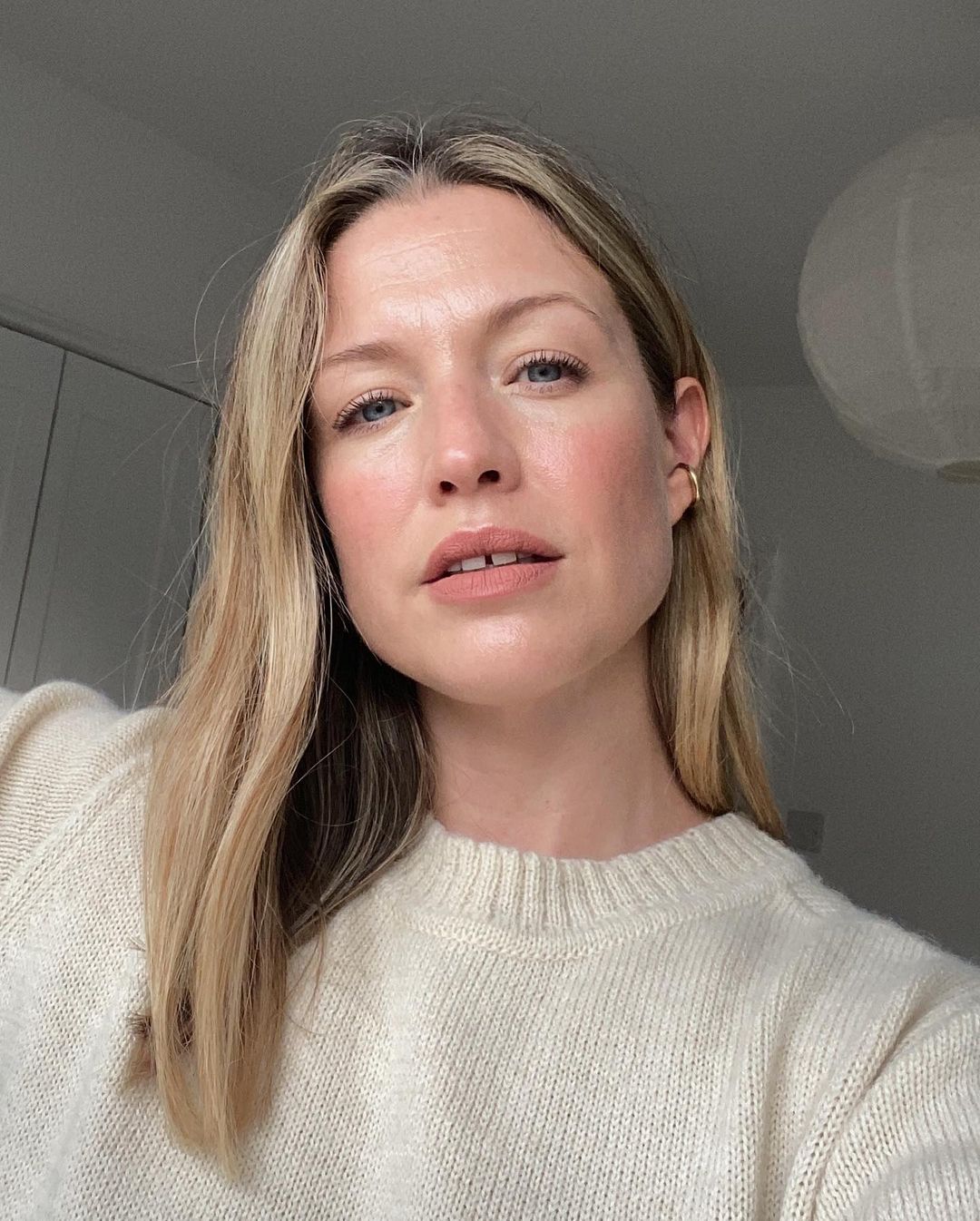
"If you suffer from sensitive skin, try bakuchiol, a natural alternative to retinol," advises Tahir. "Bakuchiol has been shown to significantly improve fine lines and wrinkles, elasticity, and other age-related skin changes. It carries similar benefits to retinol without producing the irritating side effects."
Shop the best retinol creams ahead
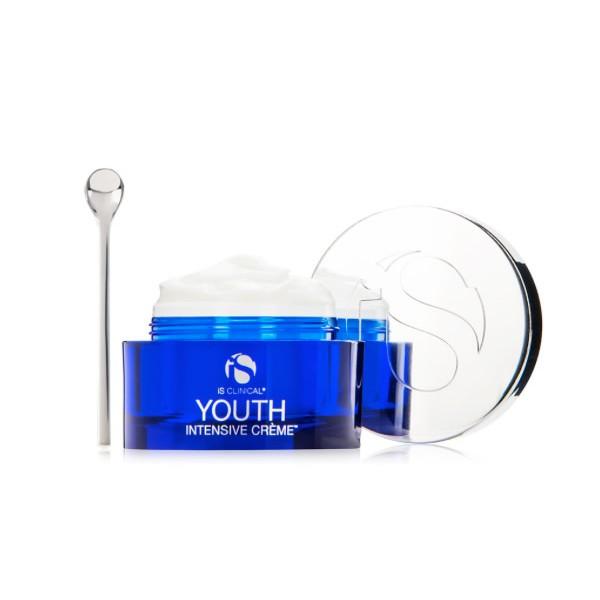
At the top end of the spectrum comes Tahir's luxurious retinol moisturiser pick. Containing a mild dose of retinyl palmitate for light exfoliation, this rich lotion contains skin-plumping hyaluronic acid and brightening vitamin C for radiant skin.
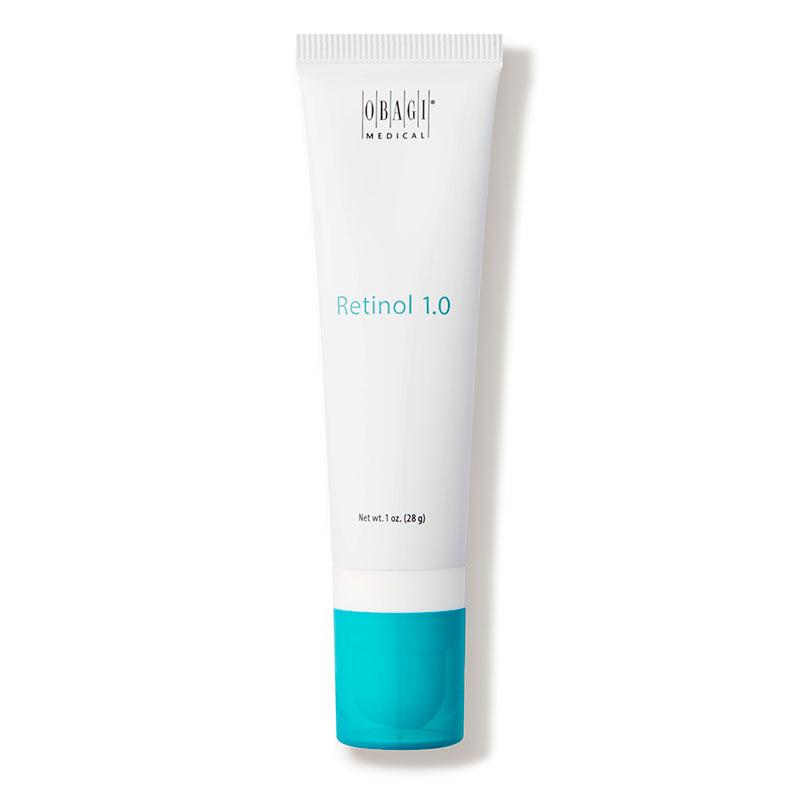
"I really rate Obagi Retinol 1.0," says GetHarley Aesthetic Nurse, Natali Kelly. "It's more potent than a 0.5 retinol, but as it has a slow-release formula… It works gently on the skin so you get great results with minimal irritation to the skin. It's really amazing for improving overall skin texture with maintained use."
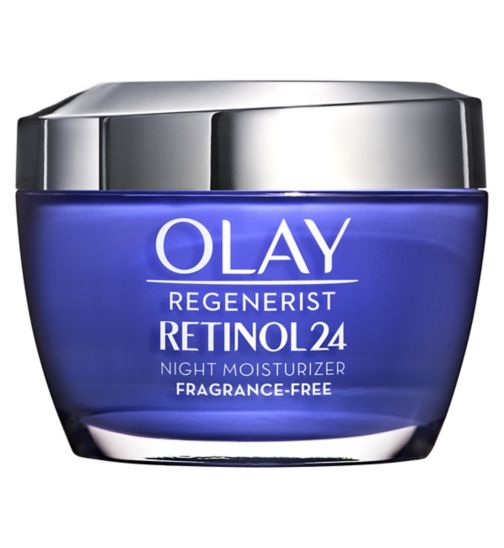
I recommend this incredibly popular Olay moisturiser to anyone looking to try retinol products for the first time. It contains vitamin B3 and a retinoid complex that works to fade dark spots, minimise the appearance of pores and generally smooth and brighten the surface of your skin at an affordable pricepoint.
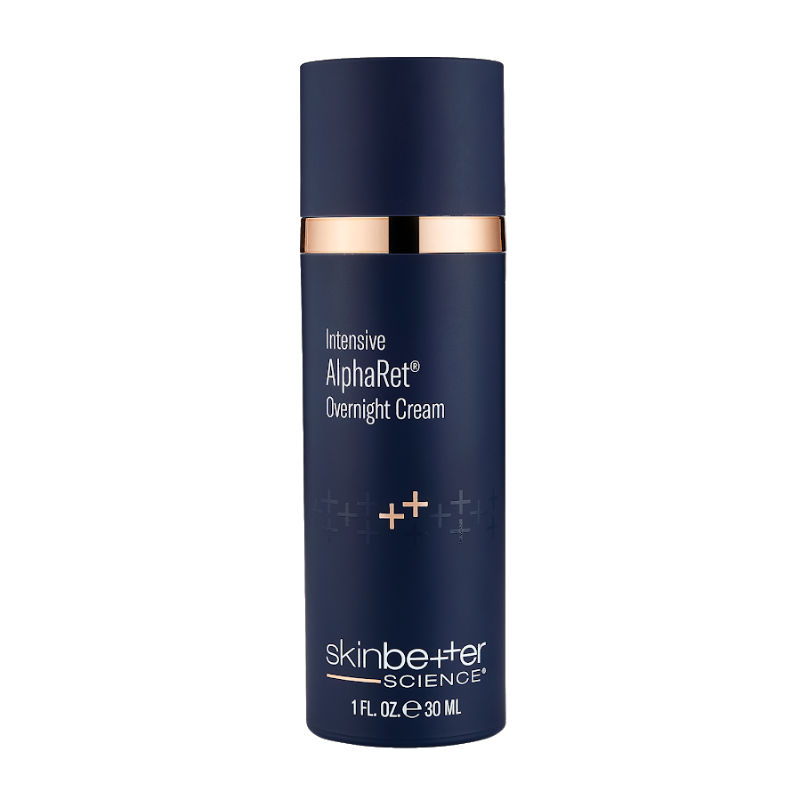
"SkinBetter Science AlphaRet Overnight Cream is a combination of a double conjugated retinoid and alpha hydroxy acids," explains Aesthetic doctor Sophie Shotter. "This gives the punch of a prescription-strength retinoid without the downtime or irritation. It’s a hero!"
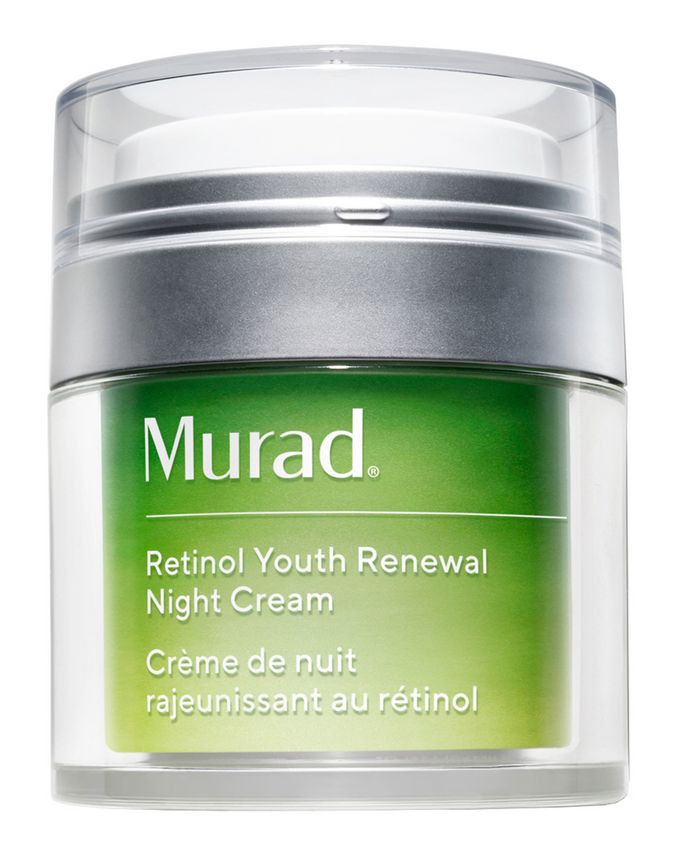
This is a new discovery for me this year and it's a truly brilliant retinol moisturiser. Murad's Tri-Active Technology means you're getting a fast-acting retinoid, a time-released retinoid and a retinol booster all in one so really start to see changes in your skin quickly. My skin looked more even in tone after just a few weeks.
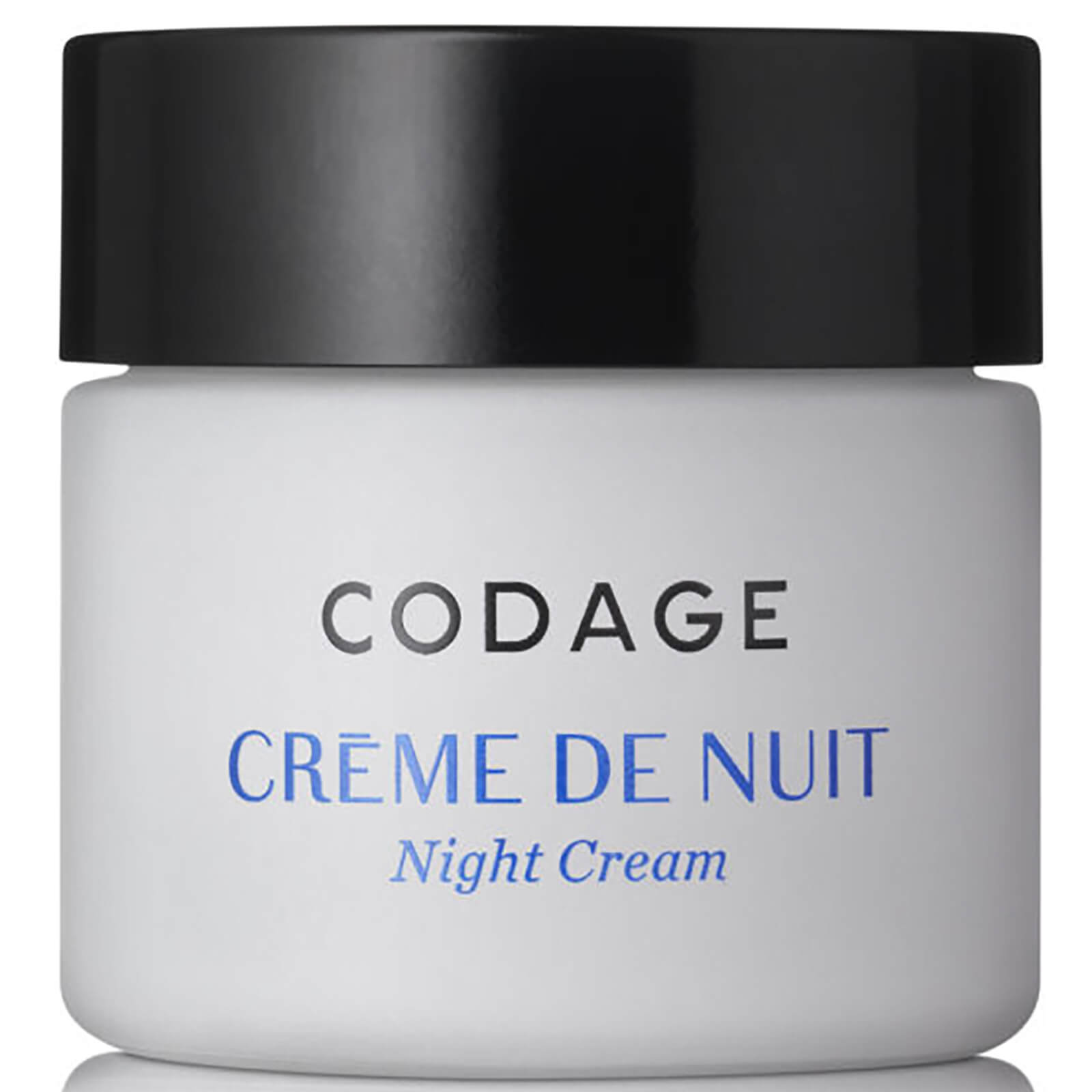
Another of Tahir's recommendations comes in the form of this regenerating night cream. While you snooze it stimulates collagen production and plumps the skin so the complexion looks softer and feels more hydrated by morning.
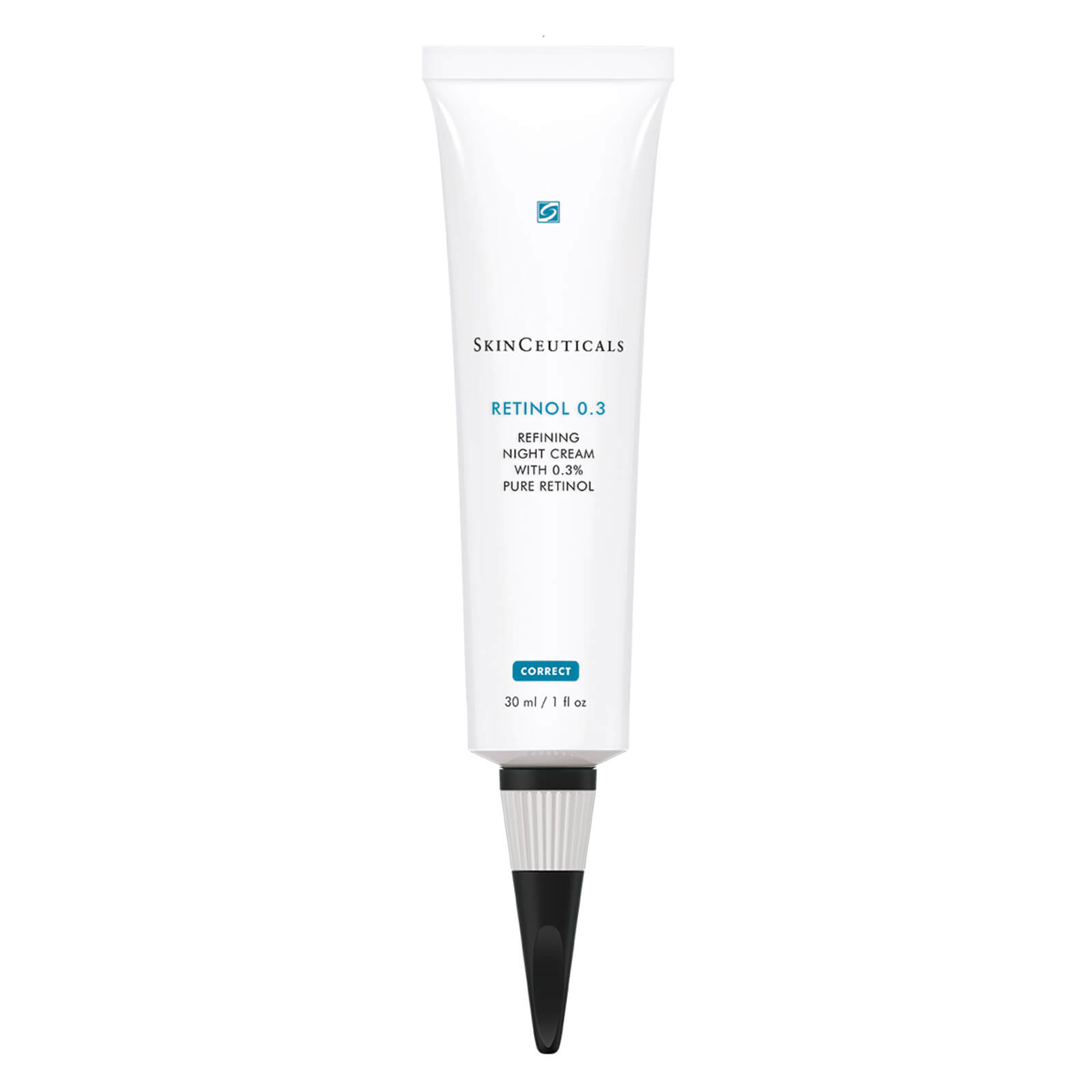
"My favourite retinol is SkinCeuticals 0.3 % Cream, a gentle yet effective way of introducing retinol into your skincare routine," says aesthetic doctor Fiona McCarthy. "By using a small pea-sized amount, two to three nights per week, you will see a significant improvement in fine lines and wrinkles as well skin texture and tone within three months."
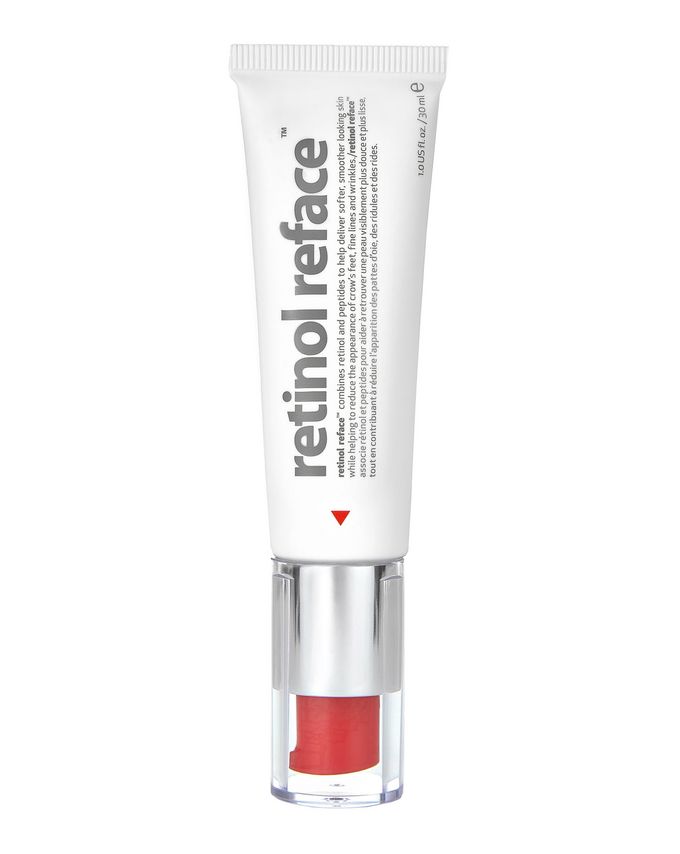
This ultra-gentle product is the very one that converted me to the joys of retinol moisturisers a couple of years back. It combines retinol with bakuchiol for all of the skincare benefits with none of the irritation.
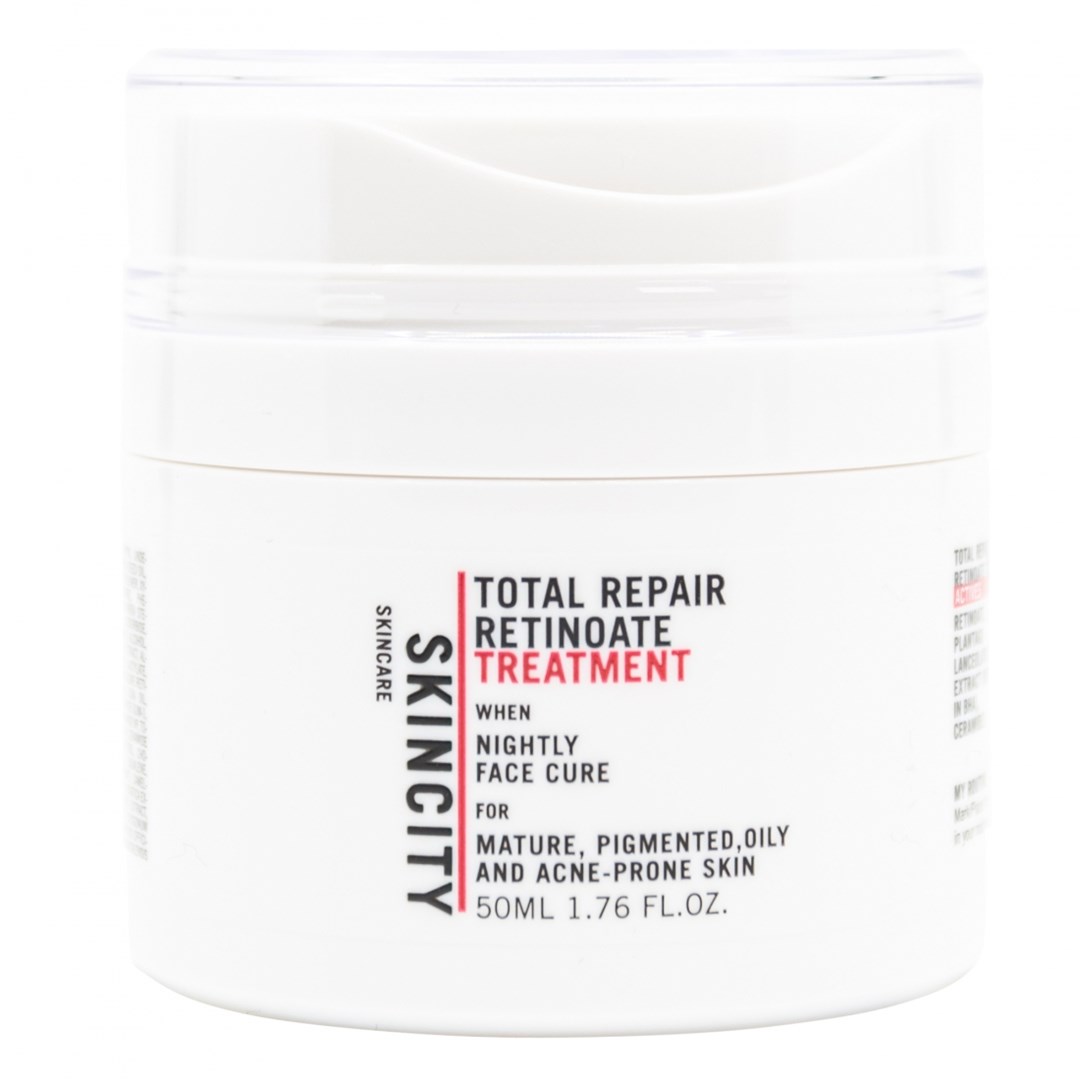
Tahir's final retinol moisturiser recommendation comes courtesy of this affordable option from Skincity Skincare. It contains a new generation of vitamin A known as hydroxypinacolone retinoate (don't ask me to pronounce it), which repairs, brightens and smoothes the skin without causing it to become sensitied or inflamed. This is also on my personal shopping list thanks to the addition of a natural source of salicylic acid which helps to keep pores clear too.
![La Roche-Posay + Redermic [R] Anti-Wrinkle Retinol Treatment](https://cdn.mos.cms.futurecdn.net/whowhatwear/posts/292805/best-retinol-creams-292805-1618917847316-main.jpg)
Specially formulated to reduce the appearance of fine lines and wrinkles, this 0.3% retinol moisturiser from everyone's favourite French pharmacy brand is a brilliant choice for more mature complexions.
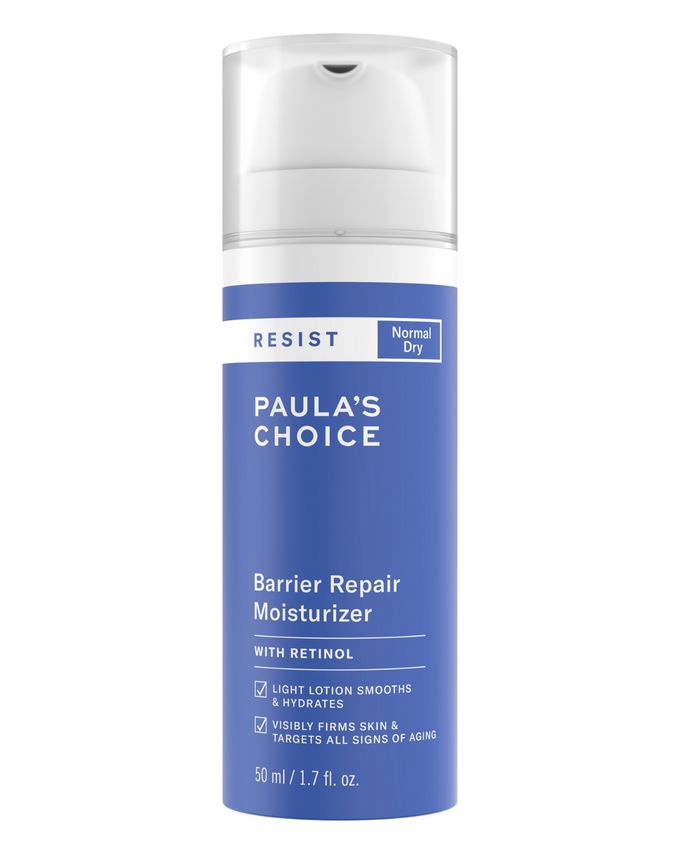
Enriched with moisturising squalane and skin-soothing adenosine, this is a brilliantly hydrating formula that strengthens and protects your delicate skin barrier while working to smooth, firm and brighten with retinol.
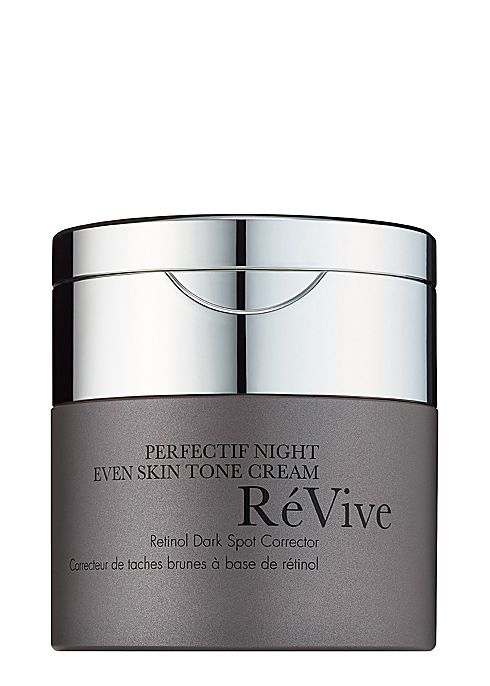
I've heard many a beauty editor rave about this skin-brightening night cream that is particularly good at targeting dark spots and pigmentation for a more even skin tone overall. Yes, it's pricey but it's also brimming with hydrating ceramides and brightening vitamin C so basically all skin concerns are covered.
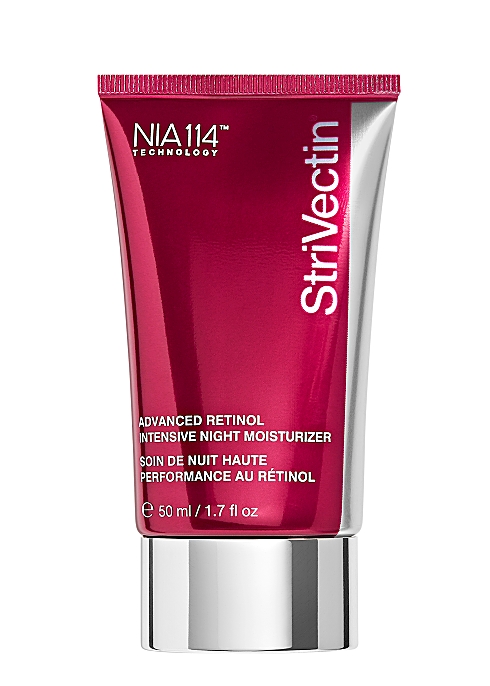
This cult moisturiser has so many five-star reviews with customers swearing by it for keeping breakouts under control and fine lines at bay. Not only does it contain retinol to help improve cell turnover for healthier skin overall, but it also focuses on nourishing your skin's moisture barrier to keep it hydrated all night.
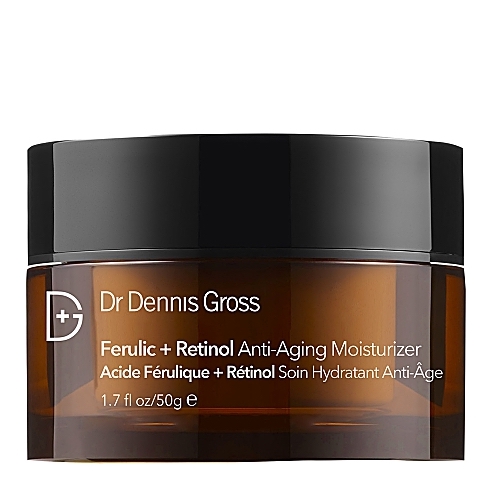
Even the roughest of skin will be left smooth with this velvety-soft moisturiser from one of my favourite skincare brands, Dr Dennis Gross. The secret powerhouse in this retinol formulation is ferulic acid which actually helps to slow down signs of ageing by reducing the effects of damage on the surface of your skin.
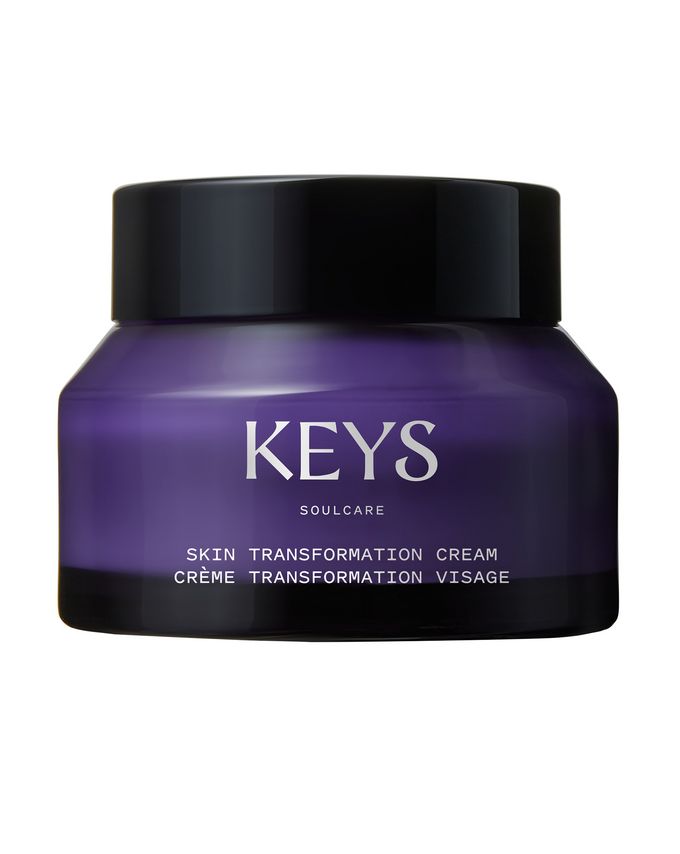
If you have particularly sensitive skin, then try this moisturiser that uses bakuchiol, a natural retinol alternative as recommended by Tahir. It's super hydrating and leaves my skin looking soft and dewy.
Up next, I don't believe in anti-ageing but these 17 products are seriously promising.
Mica Ricketts is a freelance beauty editor, copywriter and regular contributor to Who What Wear UK. She also writes for titles including Marie Claire Refinery 29 and Cosmopolitan, and previously worked at Who What Wear UK as Beauty Editor. With experience in both editorial and content management, she also works with beauty brands and small businesses on brand messaging and content strategy. As a busy mum of two, she is passionate about finding efficacious beauty products that can disguise all signs of tiredness with minimal effort.
-
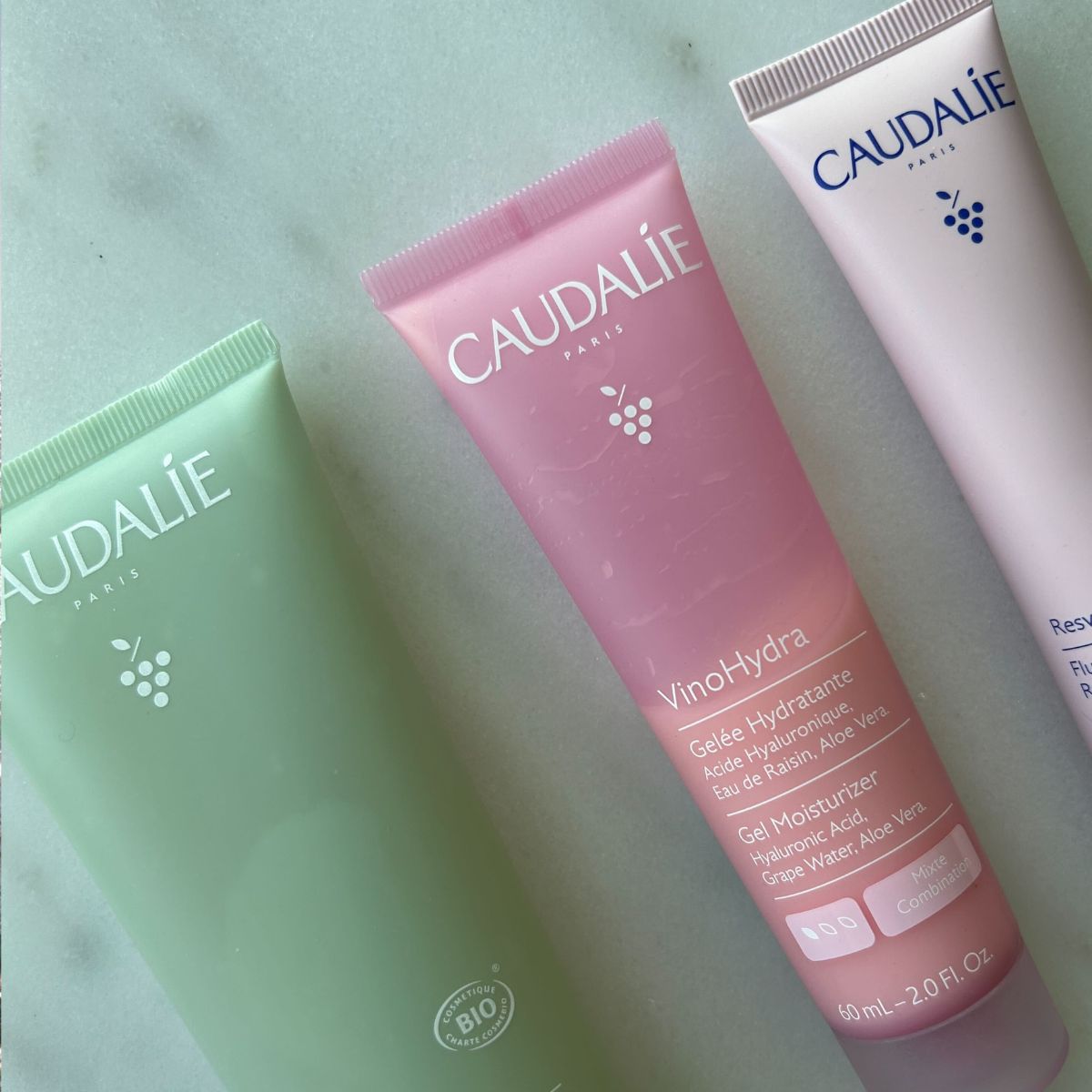 I've Tried Every French Skincare Brand Around—This Is the One Chic Parisians Genuinely Swear By
I've Tried Every French Skincare Brand Around—This Is the One Chic Parisians Genuinely Swear ByThe secret to that glow.
By Grace Lindsay
-
 I'm A Skincare Expert: This Is the Underrated Skincare Product I Recommend for Enlarged Pores
I'm A Skincare Expert: This Is the Underrated Skincare Product I Recommend for Enlarged PoresIt makes such a difference.
By Grace Day
-
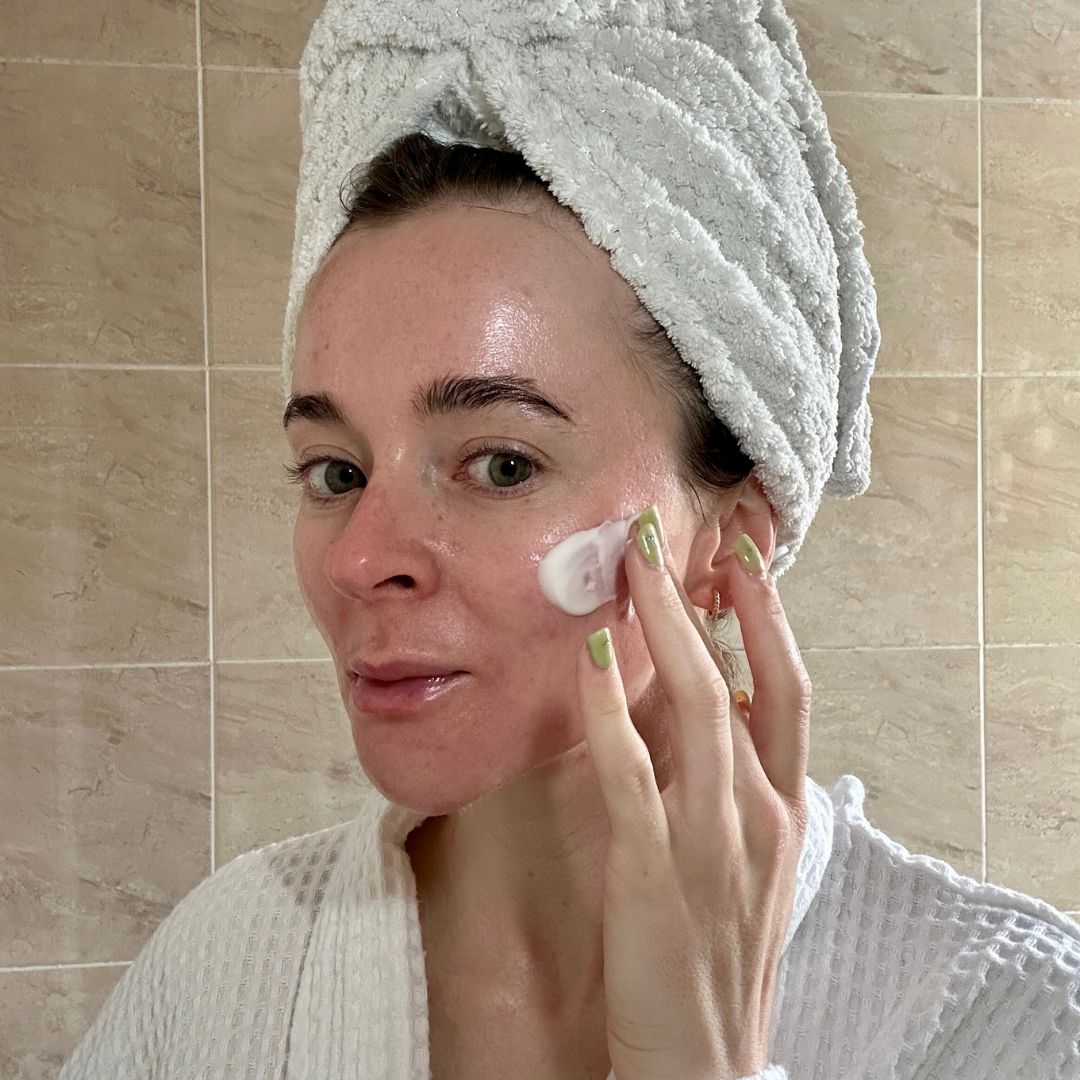 This £19 Moisturiser Is Criminally Underappreciated—Since Trying It, I'm Never Looking Back
This £19 Moisturiser Is Criminally Underappreciated—Since Trying It, I'm Never Looking BackA beauty editor weighs in.
By Grace Day
-
 The 17 Best Skincare Products for Over-50 Skin, as Chosen by Experts and Editors
The 17 Best Skincare Products for Over-50 Skin, as Chosen by Experts and EditorsPlus what ingredients to look out for.
By Grace Lindsay
-
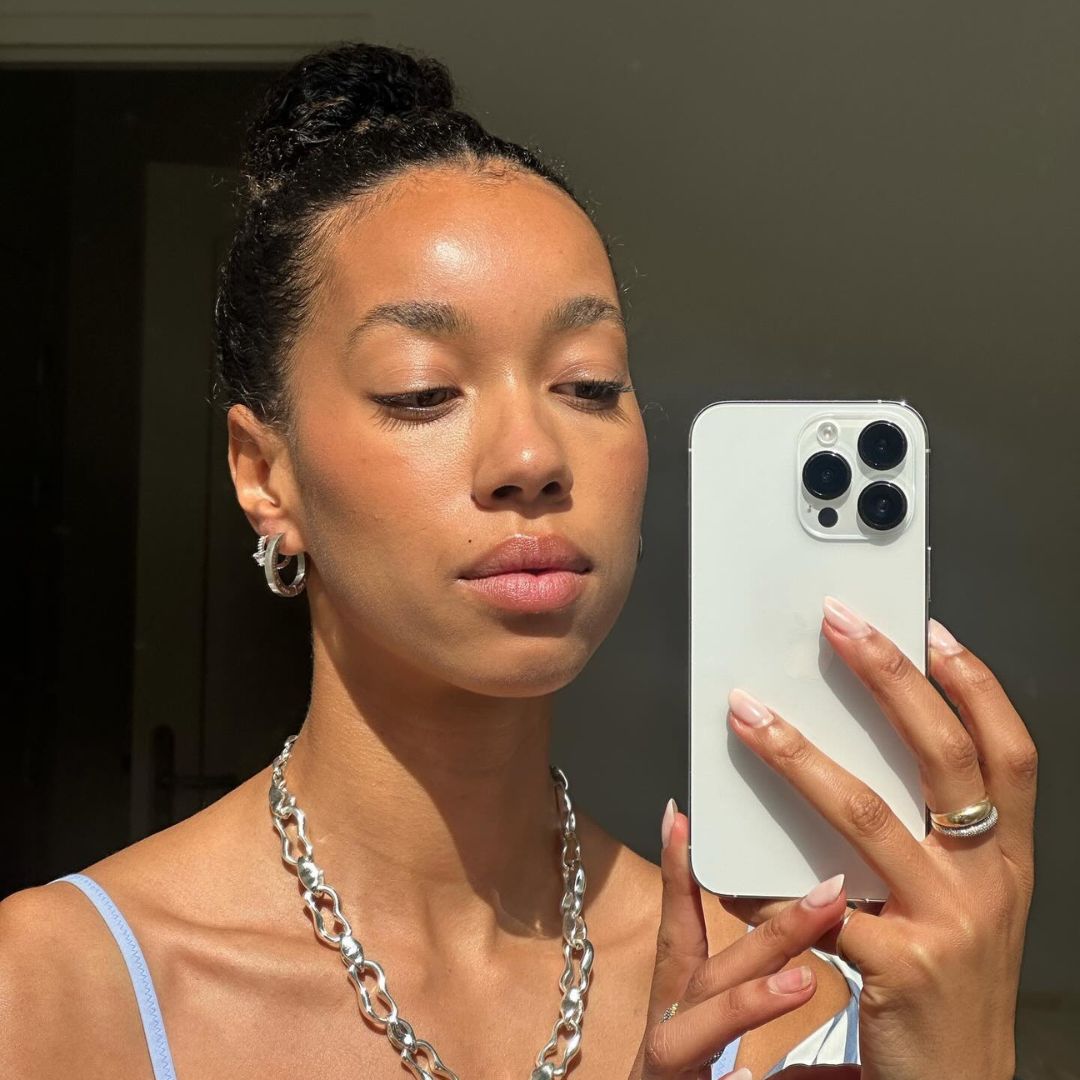 I've Been Testing Moisturisers All Winter—These Are The Ones That Saved My Dry Skin
I've Been Testing Moisturisers All Winter—These Are The Ones That Saved My Dry SkinHydrating staples ahead.
By Grace Day
-
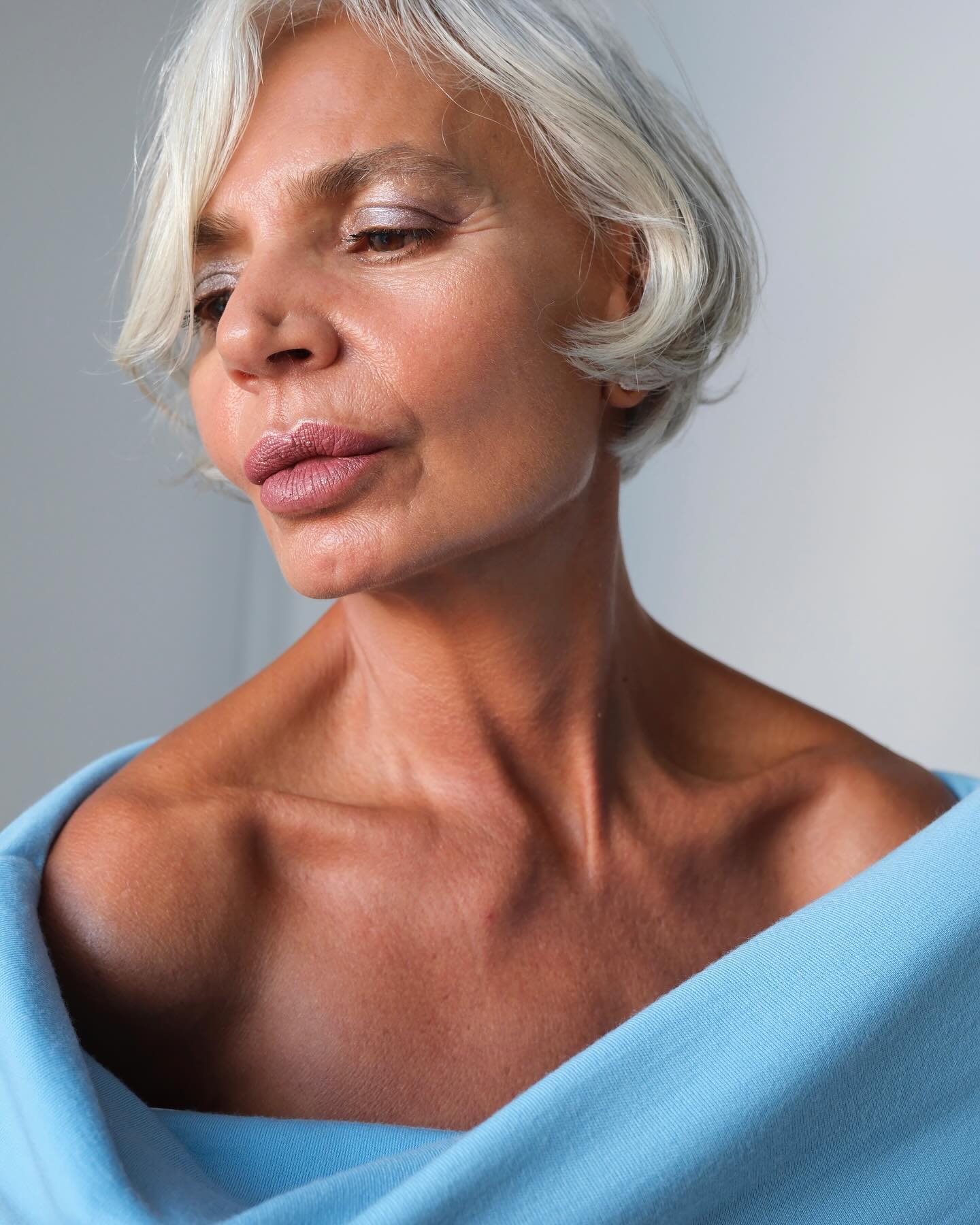 I'm 31 and My Mum is 57—We Both Follow These 6 Foolproof Steps for Flawless Skin
I'm 31 and My Mum is 57—We Both Follow These 6 Foolproof Steps for Flawless SkinGlowing complexions all around.
By Grace Day
-
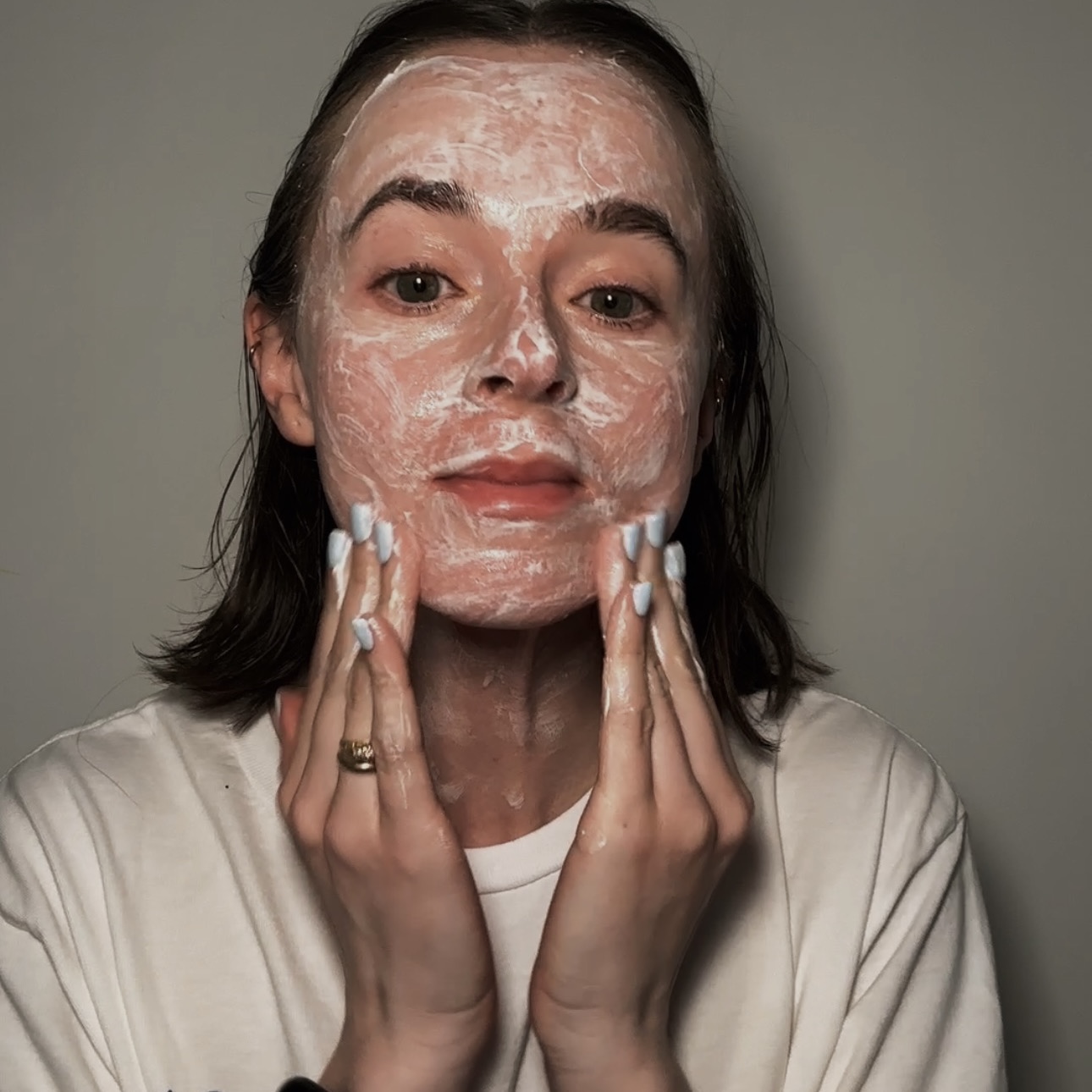 15 Aesthetician-Approved Moisturisers That Will See You Through Your Dry-Skin Phase
15 Aesthetician-Approved Moisturisers That Will See You Through Your Dry-Skin PhaseJust in time for winter.
By Grace Day
-
 According to an Expert, These Are the Best Moisturisers to Help Balance Oily Skin
According to an Expert, These Are the Best Moisturisers to Help Balance Oily SkinNo excess shine here.
By Grace Lindsay
